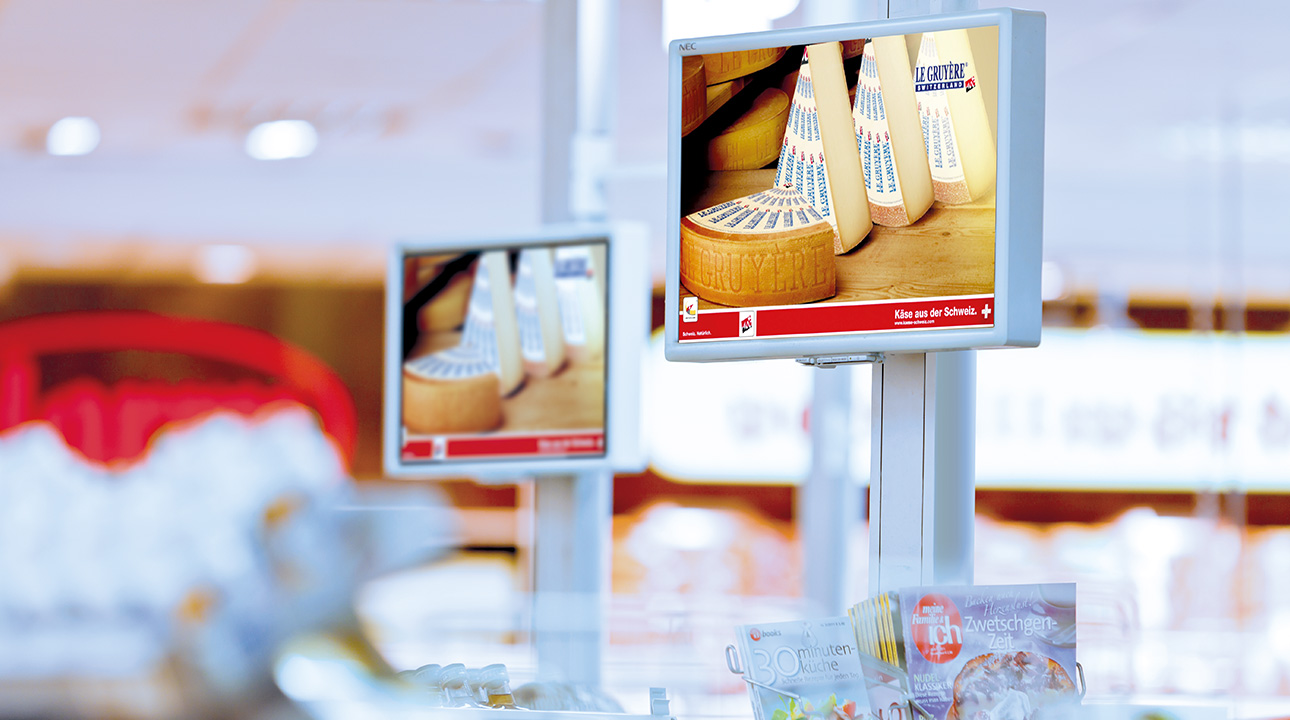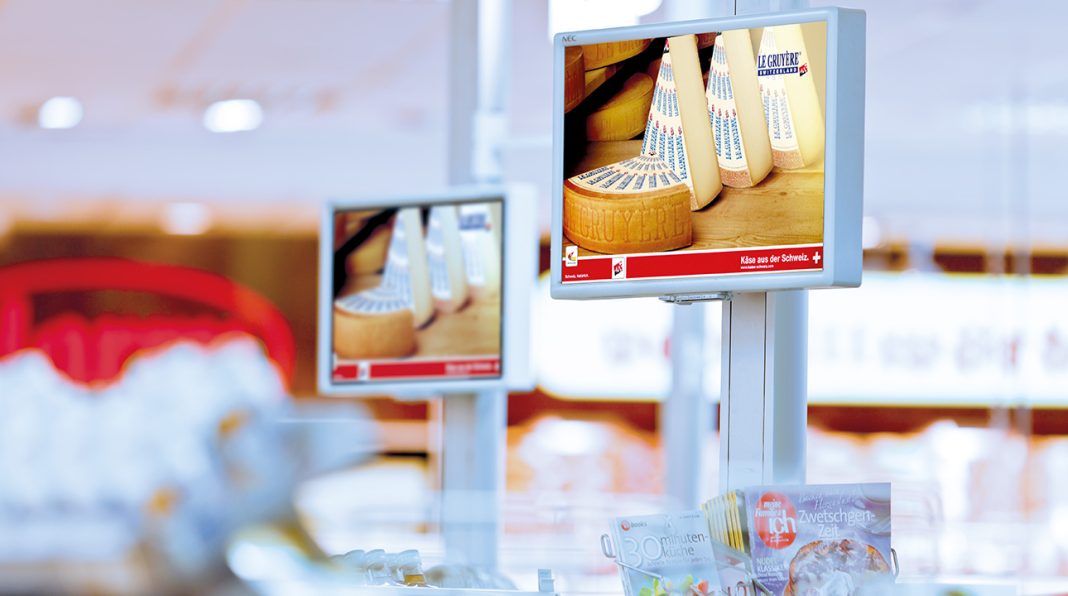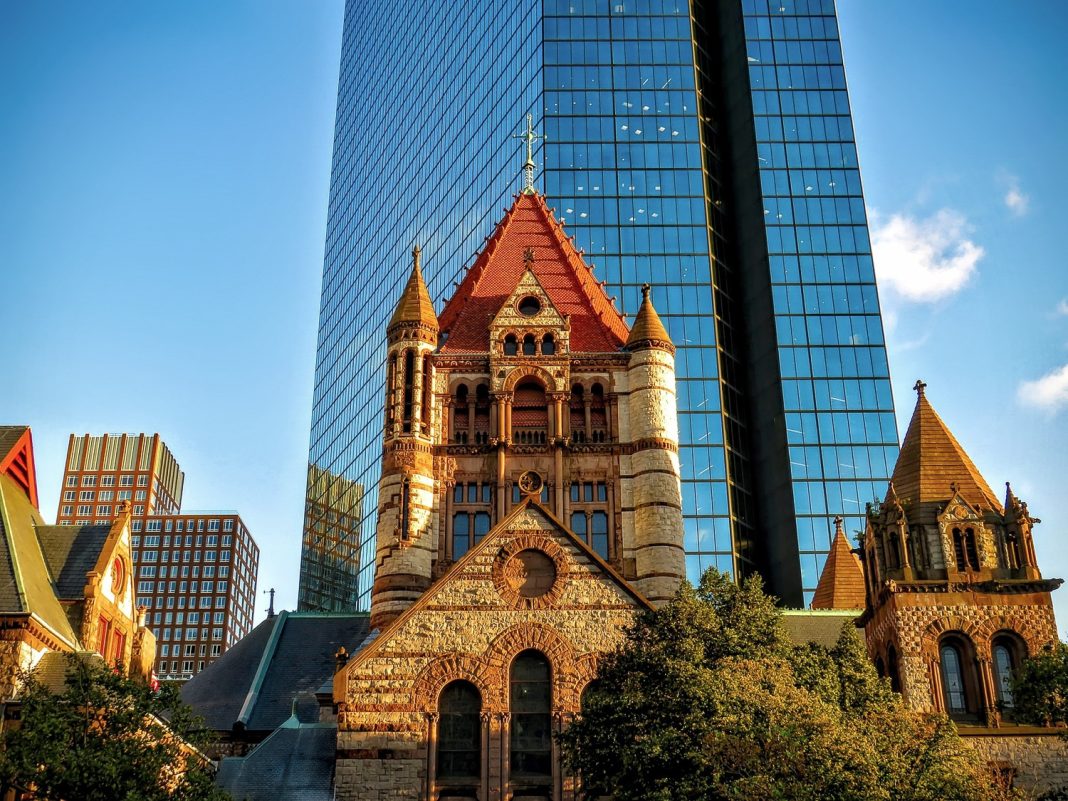
The struggles faced by discount retailers such as Dollar General and Big Lots can be attributed to the current state of the cash-strapped consumer. Dollar General saw a significant drop in shares, leading to a 32 percent decrease after the company acknowledged that its lower-income customers were still facing financial difficulties. Similarly, Big Lots is experiencing a decline in its fortunes, with 244 of its stores underperforming and the closure of 35 to 40 stores planned.
Abercrombie & Fitch, a middle-scale retailer that experienced a significant comeback in 2024, also saw its stock drop by 15 percent. This drop can be attributed to the lackluster consumer confidence affecting the retail industry. The National Retail Federation (NRF) chief economist, Jack Kleinhenz, emphasized this sentiment, stating that while the overall economy appears healthy, consumer confidence remains weak.
The University of Michigan’s monthly survey in July further supported the notion of weak consumer sentiment, as it fell for the fourth consecutive month. Dr. Joanne Hsu, the author of the report, highlighted that high prices continue to drag down attitudes, particularly for those with lower incomes. Stagnant wage growth is also a concern for consumers, as it adds to their worries about the effect of high prices and weakening incomes on their personal finances.
Dollar General, in particular, expects lower same-store sales and earnings per share for fiscal year 2024. The company’s CEO, Todd Vasos, stated that the numbers indicate a cash-strapped consumer, particularly those with lower incomes. Big Lots is also struggling to reverse its sales declines, with no signs of improvement on the horizon, according to Neil Saunders, the managing director of GlobalData Retail.
Abercrombie & Fitch, despite a rise in stock in the second quarter, experienced a drop after CEO Fran Horowitz used the word “uncertain” in his earnings analysis. This highlights the cautious approach of consumers in the current economic climate.
The Bureau of Labor Statistics’ Job Openings and Labor Turnover Survey revealed a slowdown in payroll gains and a decrease in job openings. This further contributes to the concerns of consumers regarding their personal finances.
The impact of high prices on consumer sentiment cannot be ignored, even though inflation has slowed. The persistence of high prices continues to exert pressure on household budgets, despite the recognition that inflation is softening.
Lastly, the sudden bankruptcy of Rite Aid has added to the retail casualties of the year. The company has closed up to 500 stores nationally and expects significant losses in the past quarter. Rite Aid’s financial stress is worsened by its long-term debt and limited cash reserves.
Overall, consumer spending is still increasing, but it is directed more towards non-retail areas of the economy, such as travel, entertainment, and experiences. This shift in spending patterns further highlights the cautious and uncertain mindset of consumers in the current economic climate.


